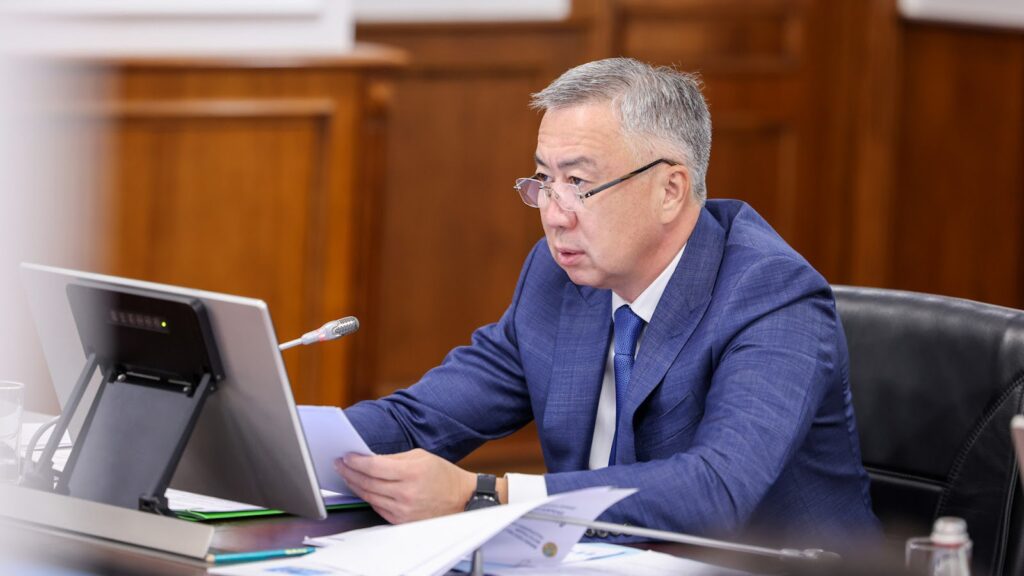Banks Suspend Transfers between Kyrgyzstan and Russia
More than a dozen banks in Kyrgyzstan have suspended money transfers to Russia to avoid falling under secondary sanctions, which could lead to blocked operations and loss of access to international financial markets. The list of banks involved includes large and regional institutions. By suspending transfers, the banks aimed to reduce risks associated with international payment systems such as SWIFT, which can be used to pressure financial institutions linked to Russia. The situation became more complicated after several Western countries began to monitor financial transactions related to Russia and apply sanctions to banks that continue such transactions. Nevertheless, some banks in Kyrgyzstan have found ways to maintain financial flows between the two countries by using transfers that are less dependent on international systems. For example, Optima Bank and Aiyl Bank employ alternative systems that are not subject to Western sanctions. Inter-country remittances play an essential role in the Kyrgyz economy, contributing to economic stability and supporting the well-being of many families. The imposition of restrictions could significantly impact the country, especially since numerous households in Kyrgyzstan depend on remittances from Russia for a significant portion of their income. In June, several banks in Kyrgyzstan suspended work with Russian money transfer systems amid the expansion of U.S. sanctions. At the time, Mbank explained that the temporary restriction was caused by “volatility of the exchange rate and possible sharp fluctuations in the currency market.” In addition to MBank, restrictions were imposed by Doscredobank, KICB, Keremet Bank, Kompanion Bank, RSK Bank, KCB Bank, and Bai-Tushum Bank, but later lifted by some to resume accepting transfers from Russia.






